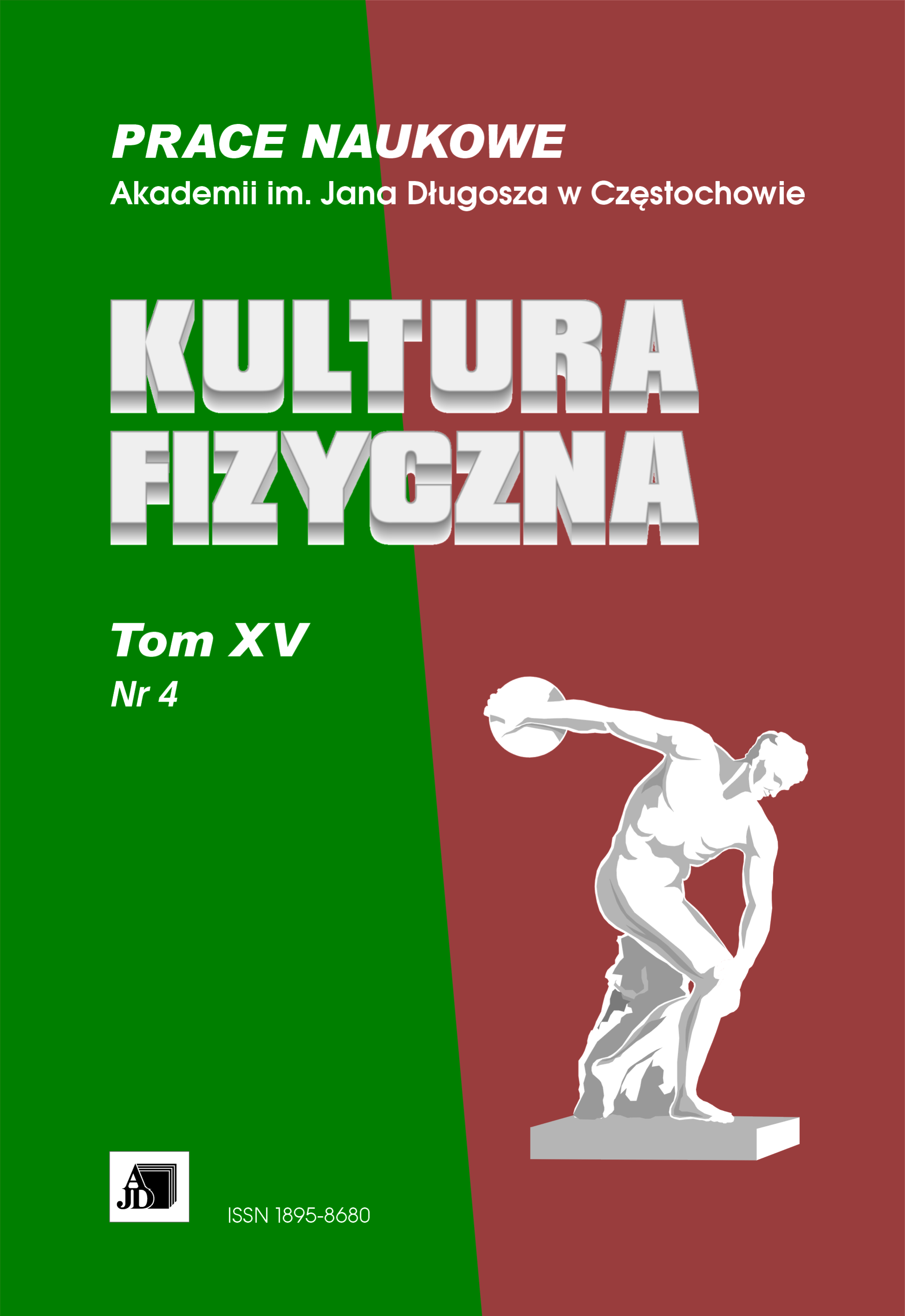Abstract
Since the publication of Joseph Strutt’s Sports and Pastimes of the People of England, sports historiography has made tremendous progress, most visible in the last several decades. There have been thousands of scholarly papers, hundreds of monographs on different topics, and international and national and even regional associations examining the role of sport in different periods and areas of history. All this should not, however, veil the observation that even the most important sporting phenomena, essentially influencing many non-sporting, political and cultural events and factors, have not been able to, convincingly and visibly, find their place in general historiography. Despite its overwhelming presence in cultural, social and political affairs sport is still treated in history as a competitive race for prizes and records or as healthy recreation isolated from other public areas. The paper will show, using numerous examples, how the most serious historical works of universal character, especially of the last several decades, but also specialized works on history of literature, art, philosophy and pedagogy, have ignored such sport phenomena of wide political or cultural importance as, for example, the role of the Declaration of Sports of James I in the controversy between the royal authority and the Puritan Parliament in England, the impact of gymnastics on the development of Ludwig Friedrich Jahn’s idea of German nationalism, the function of sport in Communist propaganda during the Cold War. The paper will examine the reasons of a curious state of affairs involving different streams of historiography. It will also attempt to find those responsible for this situation: sports historians unable to introduce effects of their research into universal non-sporting works of history, or ignorant general historians. Some positive examples of slow, although still insufficient improvement are also included and described.





